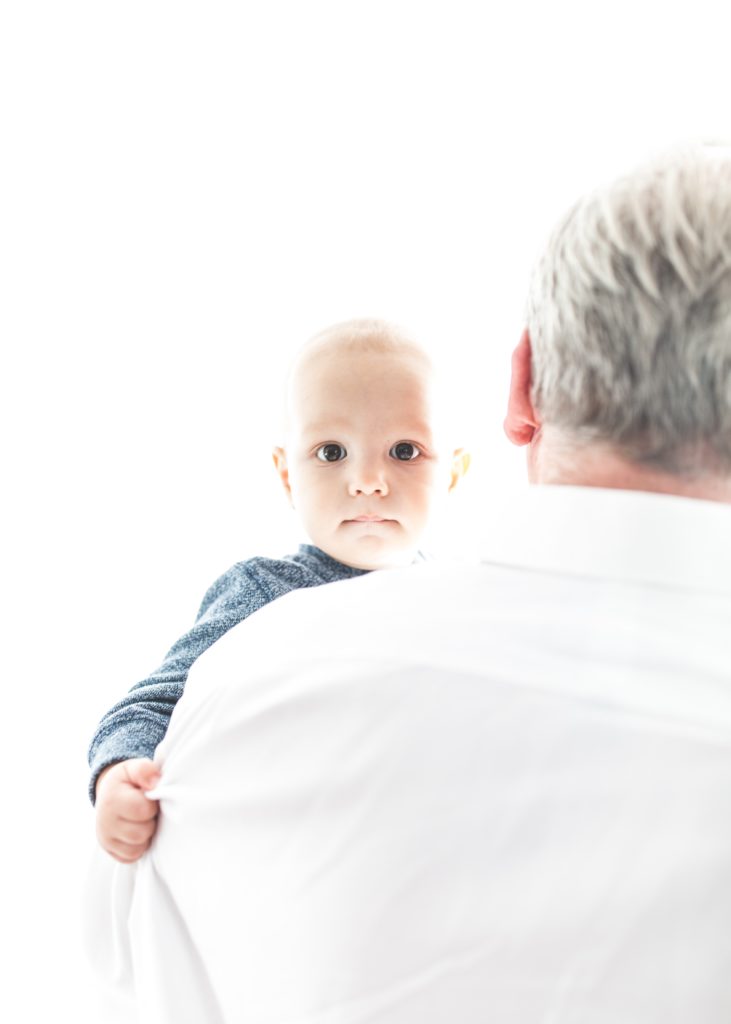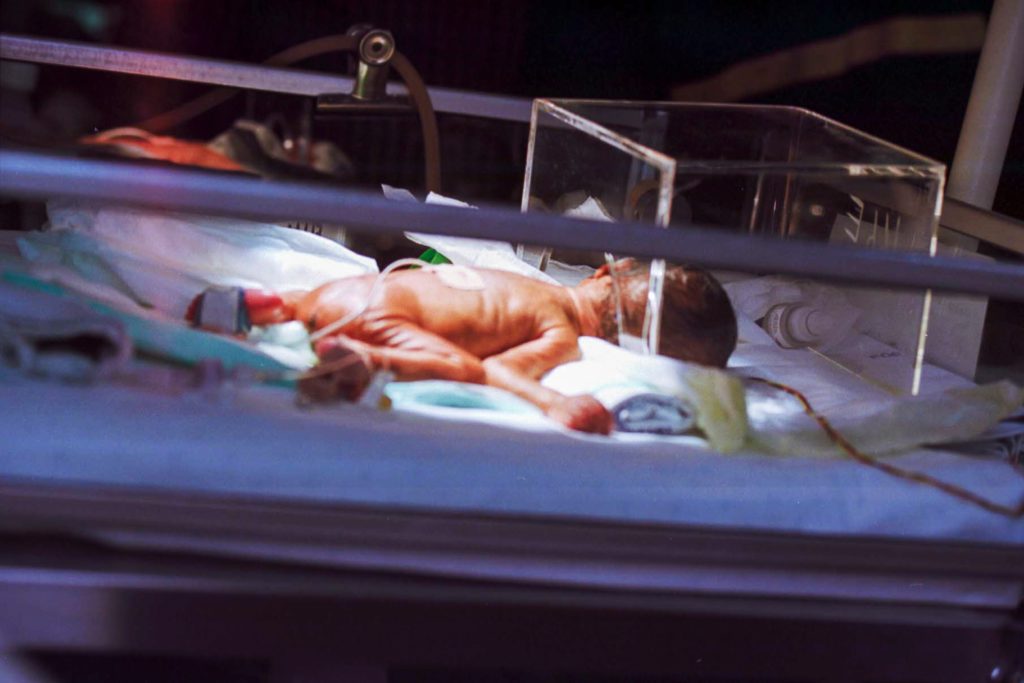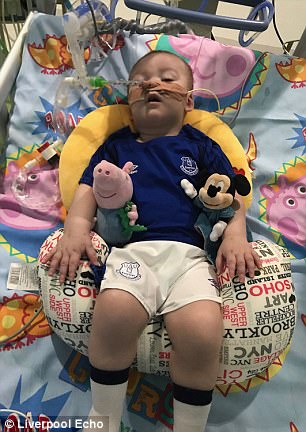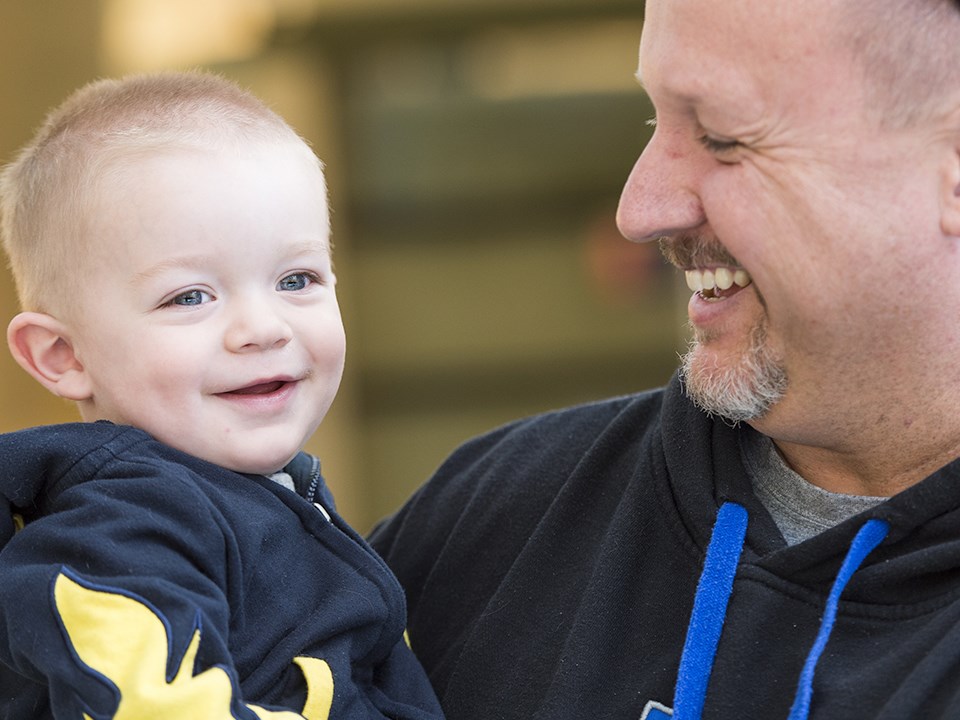
Your child. Devastating diagnosis. Potentially fatal.
The very thought runs chills down your spine. Takes your breath away. You’re paralyzed.
We’ve talked in the past about PTSD, and how there are varied events that can cause it. The best known cause is active combat. But many different kinds of traumatic events can lead to post-traumatic-stress-disorder (PTSD). And PTSD in parents can have an enormous impact on every family member.
No way! She’s fine! She just has a cold!! She was running and playing just last week! There must be some mistake. A mixup in the lab? Are these people wrong? This can’t be real.
PTSD. Because of things like domestic abuse, fire, or assault, to name a few. But something we haven’t discussed is the trauma parents experience when their child is suddenly diagnosed with a catastrophic or life-threatening illness.
We’ve talked about the trauma when it’s you being diagnosed with a catastrophic illness. But we haven’t talked about the impact on parents.
PTSD in Parents
In fact, parents who endure this traumatic and often long-term struggle are often all but ignored in lieu of the more pressing issues. And their suffering, though hidden, may lead to a larger and wider disorder of their own.
In the case of an auto collision, both the parents and the children involved have been subjected to trauma. If a child is critically injured, the parent’s trauma doubles . And as victims themselves, the parents are likely to be recognized as people who are in need of special support as they heal and cope with their child’s injuries and prognosis.

But in the case of the sudden diagnosis of a life-threatening illness, the focus is on the ill child. And the parent is left to try to cope with shock, fear, anxiety… maybe depression…and probably denial, too.
PTSD in parents can be crippling.
Studies conducted about this type of situation have shown that the parents have certain needs above all others.
If Your Child is Diagnosed with a Life-Threatening Illness
First, you need to have clear and accurate information about your child’s condition and prognosis. You may or may not be ready to grasp what the doctor tells you the first time you hear it. For this reason you need to have the opportunity to see the doctor at least once a day if your child is in the hospital (or at least very frequently if he or she is not). If the prognosis is poor, you probably need several visits each day. There is just so much to take in.
Second, you need to have privacy to hear this information, to discuss decisions, ask questions, and to grieve.
Third, you need emotional support. You need your child’s doctor to be compassionate, to listen for a few minutes. You also probably need a specific staff member — a doctor, nurse, social worker, or someone else who really knows — help you consider options, and show they care.
Fourth, and this is specific to situations where the child dies, you need to be able to hold and comfort your child in the final hours of his or her life. There comes a point when heroics need to be set aside to make way for grief, comfort, and goodbyes.
By reading articles like this one, you can gain a clearer idea of parents’ needs if you or a loved one ever faces such a situation like this. And by becoming familiar with what those needs are, you can help another parent — or you will understand better what you need to ask for yourself.
A number of studies have followed parents at the bedside of a critically-ill child to learn more about their needs, as well as their psychological reactions to their child facing this scenario.
And it turns out that these parents are so deeply affected by this threat to their child’s life that they often suffer symptoms that are in line with the symptoms of PTSD.

So let’s say your child nearly drowned, or was badly burned, or developed meningitis, or was in ICU with the new diagnosis of Type 1 diabetes, your reactions would be similar in all these scenarios… intense and difficult to relieve.
Faced with the heartbreaking gravity of your child’s condition, you may be plunged into shock. Numbness. Dread.
It may be difficult for hospital staff or family to effectively communicate with you because of your state of mind. You may have to ask several times for your child’s doctor to reiterate the current status of your child’s condition…until you “get it.”
Because it’s not uncommon for a doctor to explain a poor prognosis for a child, and the parent to respond by saying, “So you’re saying she’ll be OK when she goes home?”
Why does this happen?
Because you’re in shock, and with it, denial. You’re human and “reality” as you know it has taken a sudden left turn. It may even have come to a crashing halt. You need time, support, privacy, and patience to catch up with what’s going on.
At the same time, while you’re going through all this, your child is also suffering. Your instincts are telling you that she needs you. That she needs your comfort. And you want to provide that with everything in your being.

But the accumulation of the astounding turn of events, the devastating prognosis, the enormous amount of information you’re trying to sort through and grasp…well all of it together can be tremendously overwhelming.
You may find the doctors will repeat the same things to you each time they see you — to be sure you grasp it all and can move forward with decisions.
Many parents in this situation may begin to show symptoms of post-traumatic-stress-disorder weeks or months after their child has recovered and is discharged from the hospital…or …after their child has died.
These may include things like numbness, as we mentioned before, as well as denial. You might find yourself going over and over in your mind the string of events that led to this.
They may also find they avoid being near places that remind them of their child’s traumatic illness, or speaking of anything that might remind them of the pain their child suffered.
And the nightmares. Reliving the experience in your sleep, trying to do something to prevent it. Or reliving it to the worst possible outcome.
The misery, the trembling, the weeping…the headaches, stomach upset, even ulcers. And anxiety that escalates to panic, with such a pounding, fast heart rate, you wonder if you’re going to die.
The initial shock of the diagnosis, and the intrusive medical treatments that follow — all may serve to drive you into a state of real PTSD.
How You Can Increase Your Resilience

Can you prepare for a crisis like this? As a parent, you probably would like to so you can be sure to function at your best in such a difficult time.
But, as we’ve talked about before, the impact all these stressors have on you is more determined by your own personal resilience, and less about your educational preparation for crisis in general.
So how do you develop resilience?
By adapting.
How do you look at crises? Do you feel the very fact that you’re faced with a crisis is traumatic? Do you perceive yourself as a victim who’s been singled out to suffer? Are you overwhelmed with the unfairness of it all?
This is important: There’s no wrong answer to these questions…only your answer. And what you learn from it.
When you look at life as a series of mountains to be climbed, and you’re ready for the challenge, you’re less likely to be overwhelmed by crises when they come. When a crisis brings out your toolbox of problem-solving methods, you’re most likely to adapt and resolve the crisis.
On the other hand…if you face each crisis you encounter in life as another problem to be resolved… Then you go into each crisis with a little extra strength, a bit more armor against the attack.
But if you view yourself as an innocent victim who didn’t deserve this difficulty, you’re more likely to be crushed by the situation. The key is in the way you think about yourself and the situation around you.
So while you can’t prepare yourself for every inevitability, you can train yourself to adapt and seek solutions to every obstacle in life. You can train yourself to recognize that life is full of challenges for everyone, and obstacles can be taken in stride.
Doing so over time may not make you immune to trauma during a life-threatening illness in your child, because a crisis of that magnitude can be overwhelming to anyone.
But it can help you feel more equipped to navigate those waters until the seas calm again.
Still, if you work on your attitude and outlook and still find yourself experiencing PTSD symptoms, that could be because of your genetic vulnerability if you are traumatized.
We have patients at Innovative Psychiatry who fall into this category. And sometimes, the PTSD is stubborn, and difficult to relieve. PTSD in parents magnifies a family’s calamity.
In fact, some patients who’ve been un-helped by medication and therapy for PTSD, consider ketamine treatment and enjoy remarkable relief.
So understand that PTSD is not a failure to be resilient…or a failure of attitude. That’s just not the case. But sometimes those who work to remove the “victim” mentality from their outlook are less affected by a terrible life crisis than someone who has not done the same work in their thinking through therapy.

Our hope is that you’ll be as healthy and resilient as you can be, and that your life will be an ongoing opportunity to learn about yourself, and the world around you. Seek out the lessons in each experience. This will help you become adaptable and strong.
Because adaptability gives rise to the strength of resilience.

To the emerging of your best self,

Lori Calabrese, M.D.